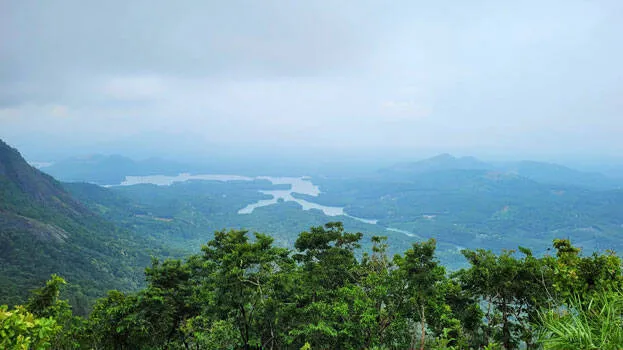

The term ‘Adivasi’ has held its place over phrases like ‘forest dwellers’ for a reason—it reflects the deep roots these communities have in India as the land's earliest settlers and rightful heirs. Yet, despite this heritage, Kerala’s Adivasi communities have faced an unending struggle for land, shelter, food and dignity. What the Adivasis need is not charity but the right to live with dignity. They need steady, dignified employment that guarantees a stable income, allowing them to meet their basic needs without having to beg.
In a recent outcry for justice, Kerala’s Adivasi communities voiced their frustrations from Amburi Panchayat in Thiruvananthapuram district, accusing local officials, including the Panchayat Secretary, of ignoring tribal candidates for job appointments. Their protest came after six workers and 11 helpers were hired for five Anganwadis in the area—roles that should have ideally considered local, eligible candidates. Ten Scheduled Tribe members participated in the selection process, yet none of them were chosen, with all 17 positions going to outsiders. When the injustice became apparent, local tribespeople took action, forcing the authorities to freeze the rank list after Adivasis from the Thodumala ward locked the Panchayat officials inside from noon until night in protest. Earlier, they had even detained the ICDS supervisor to press for fairer hiring practices.
Kerala has a dedicated Scheduled Castes and Scheduled Tribes Development Department, with substantial annual budget allocations and central and international funding directed towards tribal welfare. Yet, the lives of Adivasis in Kerala—who make up only 1.45% of the population—have hardly improved. While reservation policies have opened some doors to government jobs and educational opportunities for Scheduled Tribes, the overall living conditions in tribal areas have continued to deteriorate.
A cynical yet telling joke often circulates: if the thousands of crores spent on tribal welfare had simply been deposited into bank accounts for each individual Adivasi, their lives would have been prosperous long ago. Sadly, this dark humor underscores the disconnect between the funds allocated and the real impact on the ground. Many Adivasis are still left without even the most basic opportunities, like low-income jobs in Anganwadis, which could serve as a crucial step towards economic security.
For Kerala's Adivasi communities to truly thrive, it’s clear that a more inclusive and accountable approach is needed. Tribal welfare and integration cannot rest solely on one department’s shoulders. The Social Welfare Department, Local Self-Government, Health Department and other stakeholders must collaborate on a transparent and comprehensive tribal protection and development plan. Only through such a collective and accountable effort can Kerala begin to fulfill its promises of dignity and justice for its Adivasi communities.